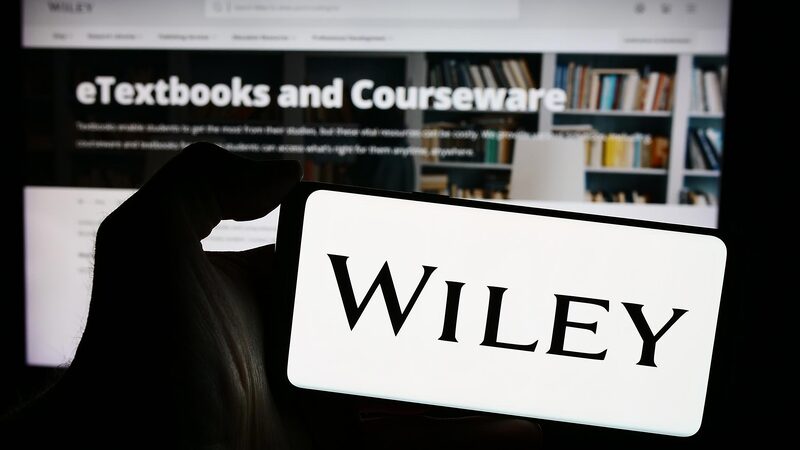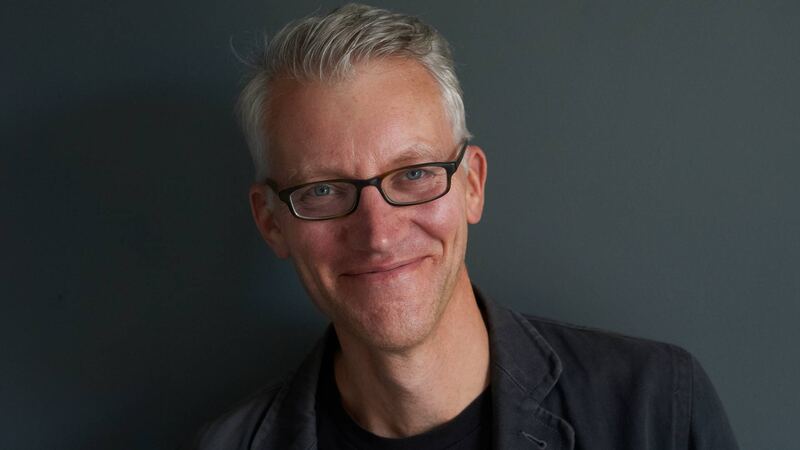You are viewing your 1 free article this month. Login to read more articles.
Overdue appreciation: let’s hear it for the UK library sector

"I think we slightly punch below our weight, and that’s partly to do with it being quite a modest profession. We are often in the background, helping others, we’re not out front, shouting.” Not my words, but those of Louis Coiffait-Gunn, the new chief executive of the Chartered Institute of Library and Information Professionals (CILIP), whom we interview here.
Coiffait-Gunn is on to something. Despite the ongoing significant presence libraries have in our lives—there remain more than 3,500 public libraries in the UK, for example—and their outsized impact both on literacy and our reading culture, there was barely a comment about them during the recent general election, and as I mentioned at the time little reference to the sector in the manifestos of either the Labour Party or the Conservatives.
The theme seems to have continued after the election —miss the appointment of the de-facto libraries minister? No surprise. Chris Bryant has the role as part of his brief at both the Department for Science, Innovation and Technology and Department for Culture, Media and Sport, revealed— I don’t think announce is quite the right word here—in early July.
Part of this has to with the sense of crisis the new Labour government appears to want to instil with talk of the £22bn fiscal “black hole”, the likely increase in taxation and a return to some kind of austerity, hardly a cheery prognosis for anyone working in a sector reliant on public money. “It’s going to be painful,” Keir Starmer said this week.
That said, there is still much we can do. Coiffait-Gunn wants Bryant to show clear ownership and to champion the sector, while James Urquhart, Arts Council England’s interim director of literature and senior manager of libraries, tell us that just a better approach to joined-up thinking across the different government departments that have some kind of interaction with libraries could reap dividends. “If the government is able to decrease the friction between departments, that enables greater recognition of the existing offer that libraries make, and the potential for more that will be a real win in itself.”
Urquhart also points to a greater understanding within government already on the value of the sector. “It feels to me that we have key personnel in place who don’t need persuading about the value of libraries…” Bryant is, too, no stranger to this brief, having held shadow roles in both departments before his government appointment.
Hopefully our series of articles focusing on libraries can act as a spur, not least because they look at the sector from a macro point of view, but also highlight those doing the work at individual library level, with activities this year including reading schemes, LGBTQ+ book clubs, and creative writing workshops. I am also delighted that libraries will be returning to The British Book Awards from next year, thanks to support from DK and The Reading Agency.
Modesty may be part of libraries’ DNA, but this doesn’t mean there isn’t plenty to shout about.



















